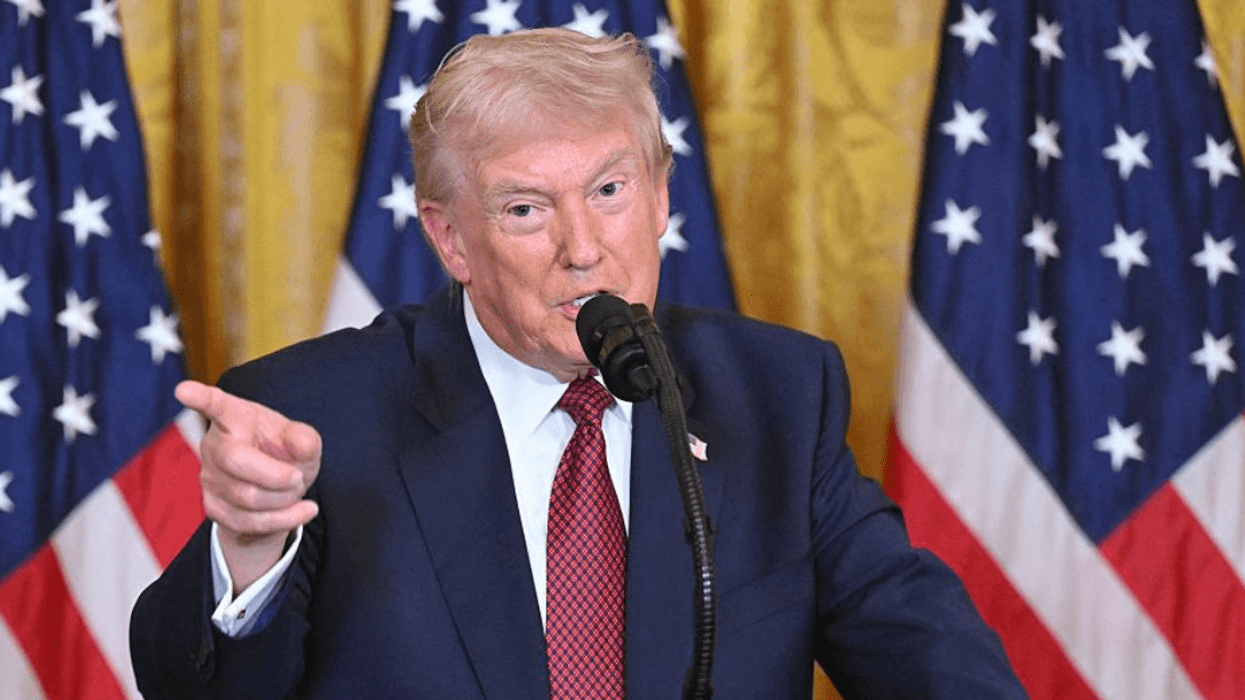Jeff Brown, a businessman and leading mayoral candidate in Philadelphia, faced backlash on Tuesday over his response to a debate question about environmental racism.
During the Democrats’ mayoral primary debate, Brown was asked how he would address accusations of pollution and environmental racism in Chester, a predominantly Black city outside Philadelphia, where some of Philadelphia's trash is burned.
Brown responded, “Chester is Chester. I’m worried about Philadelphians and how their lives are,” adding:
“And so what will come first for me is what will be best for my Philadelphians.” ...
“The trash has to go somewhere, and whoever gets it’s going to be unhappy with it.”
You can hear what he said in the video below.
Brown was criticized by fellow Democratic candidate Rebecca Rhynhart, who said it was “not really an appropriate answer,” while another candidate, Cherelle Parker, said “that response is the same way you treat the Black and brown community.”
Residents in Chester have long complained that Philadelphia's trash incineration facility, operated by Covanta, is polluting the air they breathe and causing health issues.
Brown, a fourth-generation grocer who owns a chain of ShopRite and Fresh Grocer stores in Pennsylvania, has not previously run for political office. He has been in the headlines in recent days over allegations of violating campaign finance law.
His response drew swift criticism.
Environmental racism, which refers to the disproportionate impact of environmental hazards on communities of color, is a long-standing issue in the United States.
According to a study by the Environmental Protection Agency (EPA), people of color are more likely to live near sources of pollution, such as waste facilities and factories, than white people. This exposure can lead to a range of health issues, including respiratory problems, cancer, and birth defects.
The issue of environmental racism has gained renewed attention in recent years, with grassroots organizations and activists pushing for more equitable policies and increased accountability for polluters.
The COVID-19 pandemic has also highlighted the disproportionate impact of environmental hazards on communities of color, as these communities have experienced higher rates of infection and death due to factors such as air pollution and inadequate access to healthcare.

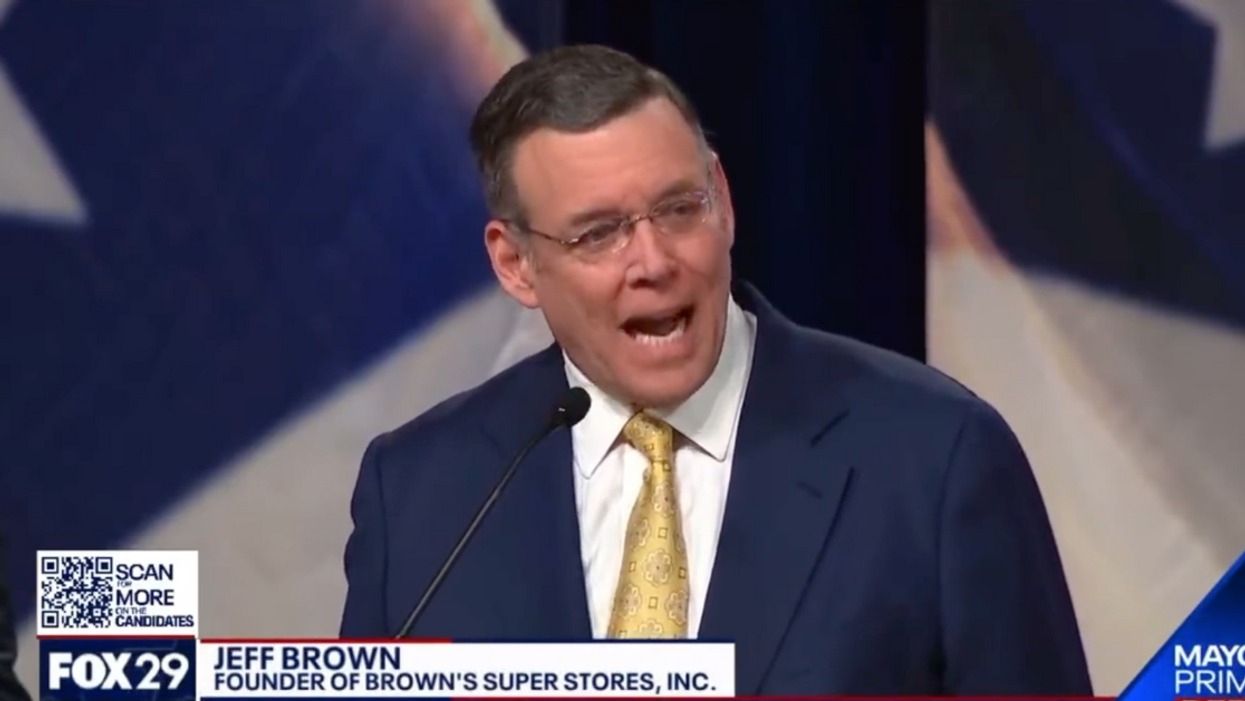

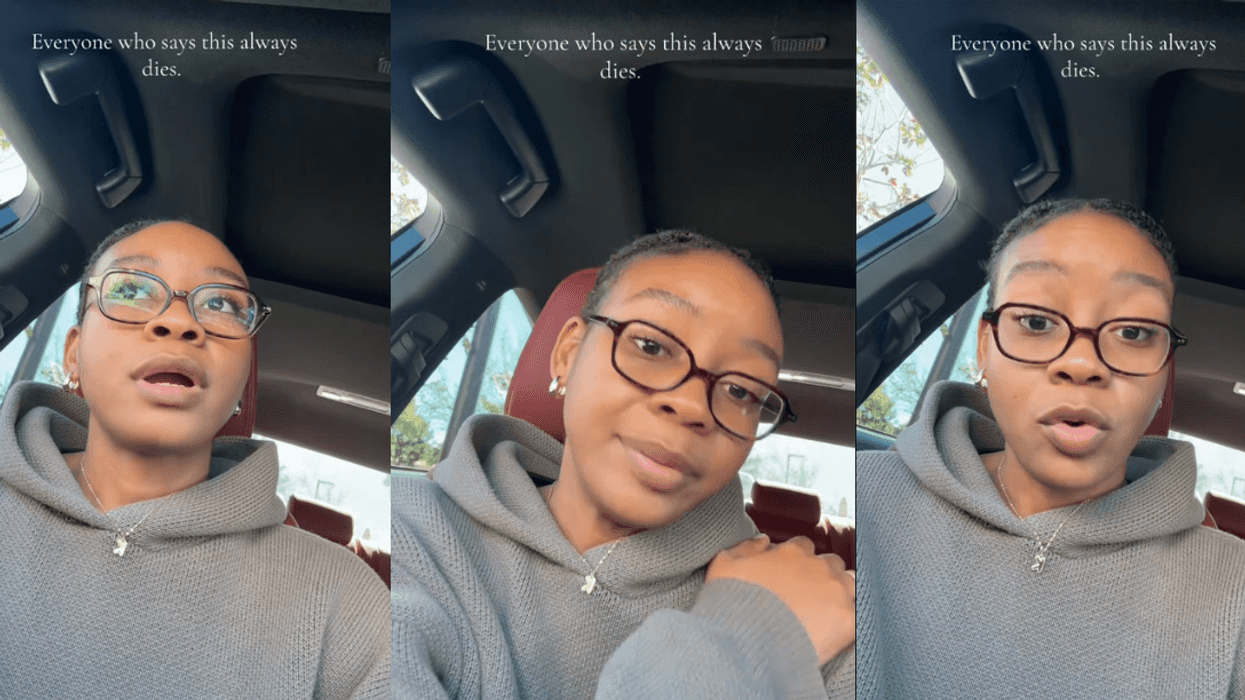



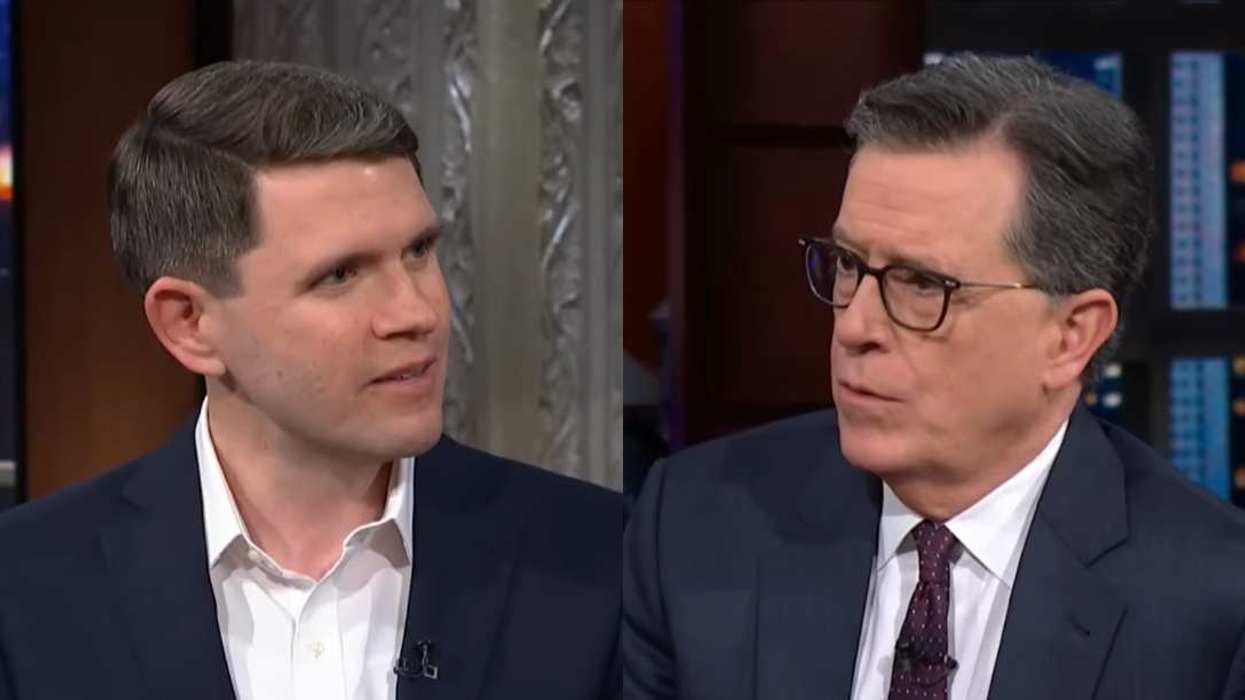



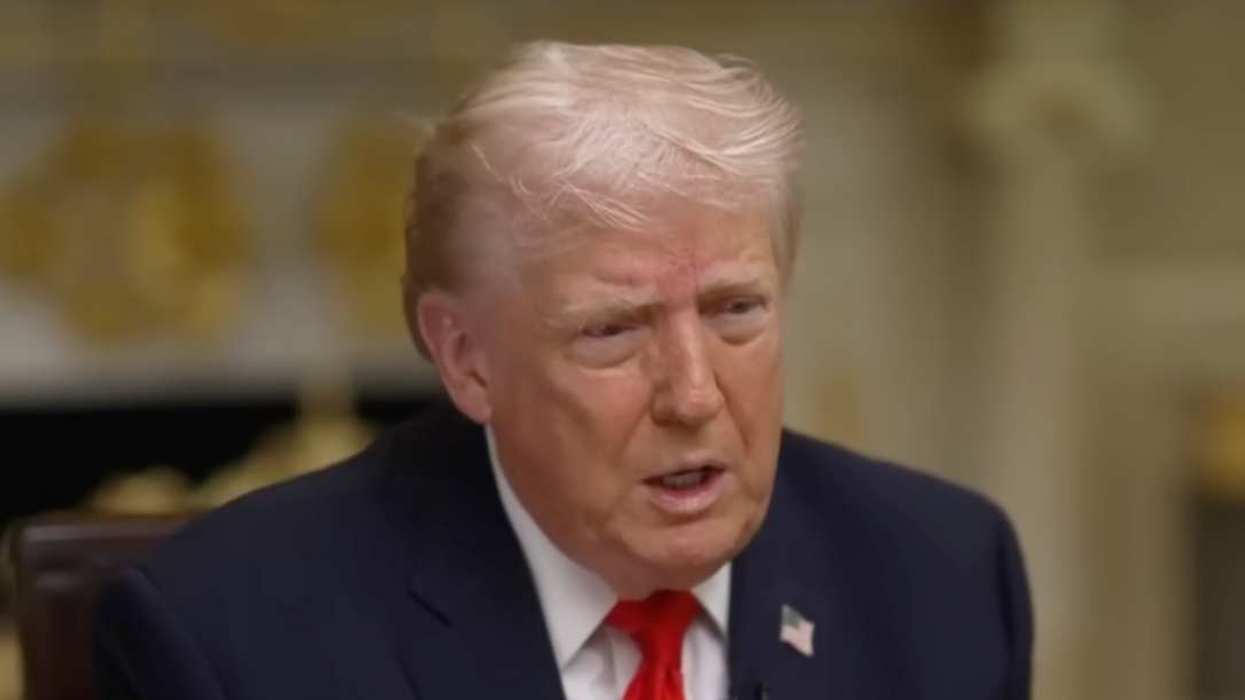

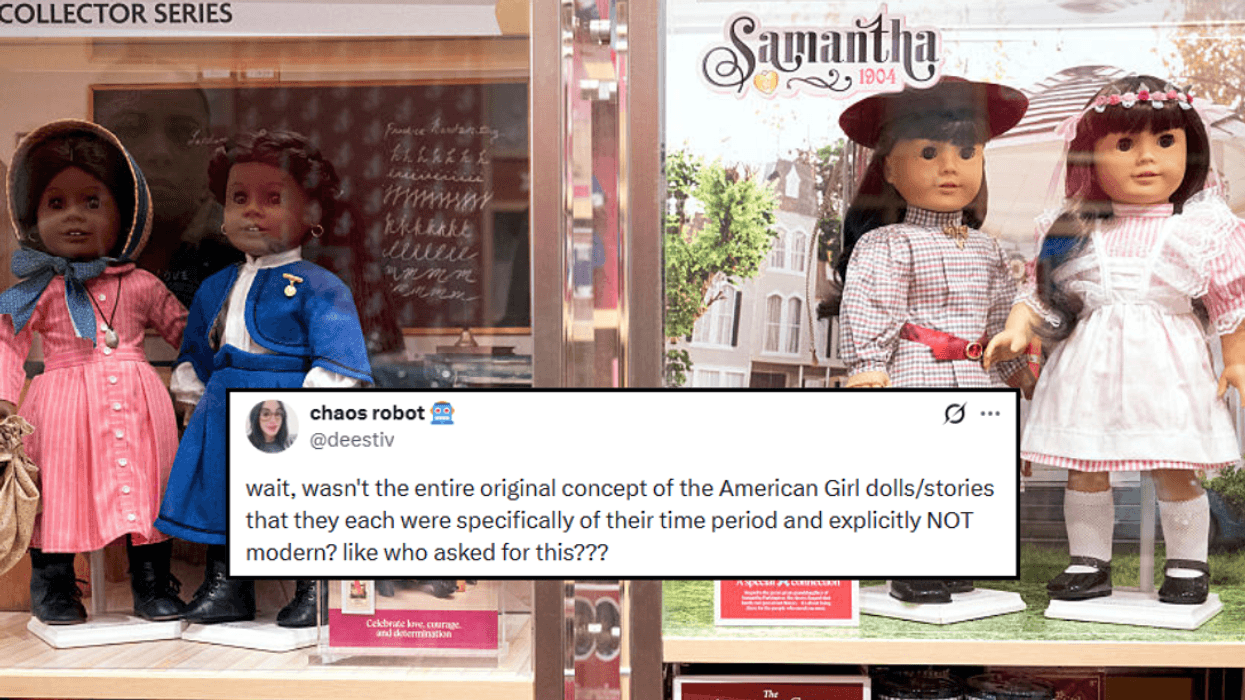
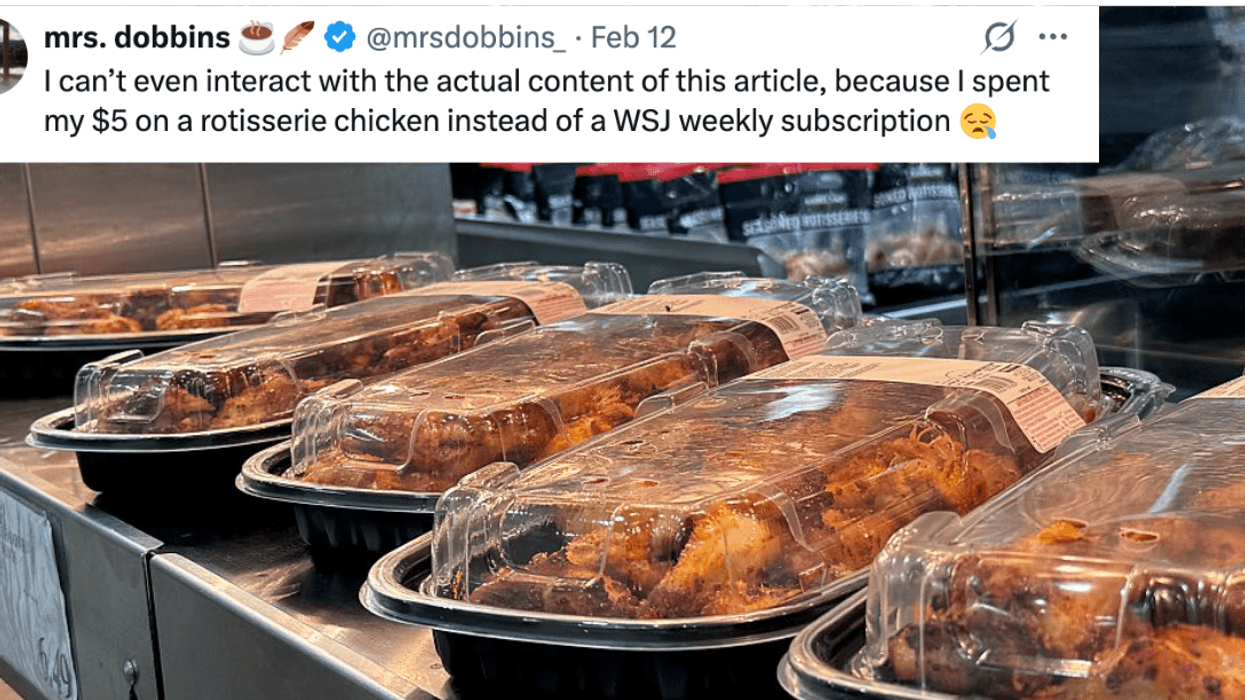

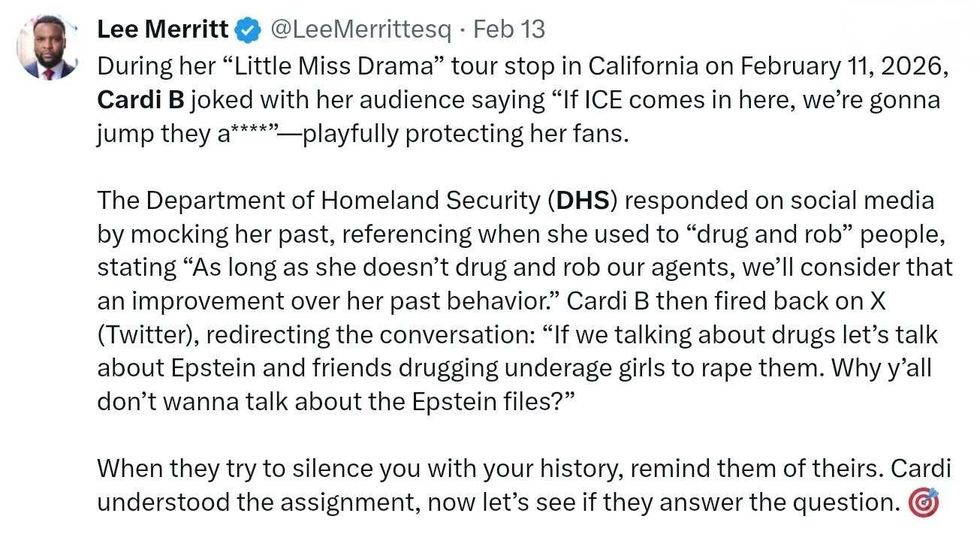 @LeeMerrittesq/X
@LeeMerrittesq/X @bob_moss/X
@bob_moss/X @jelanijones/Bluesky
@jelanijones/Bluesky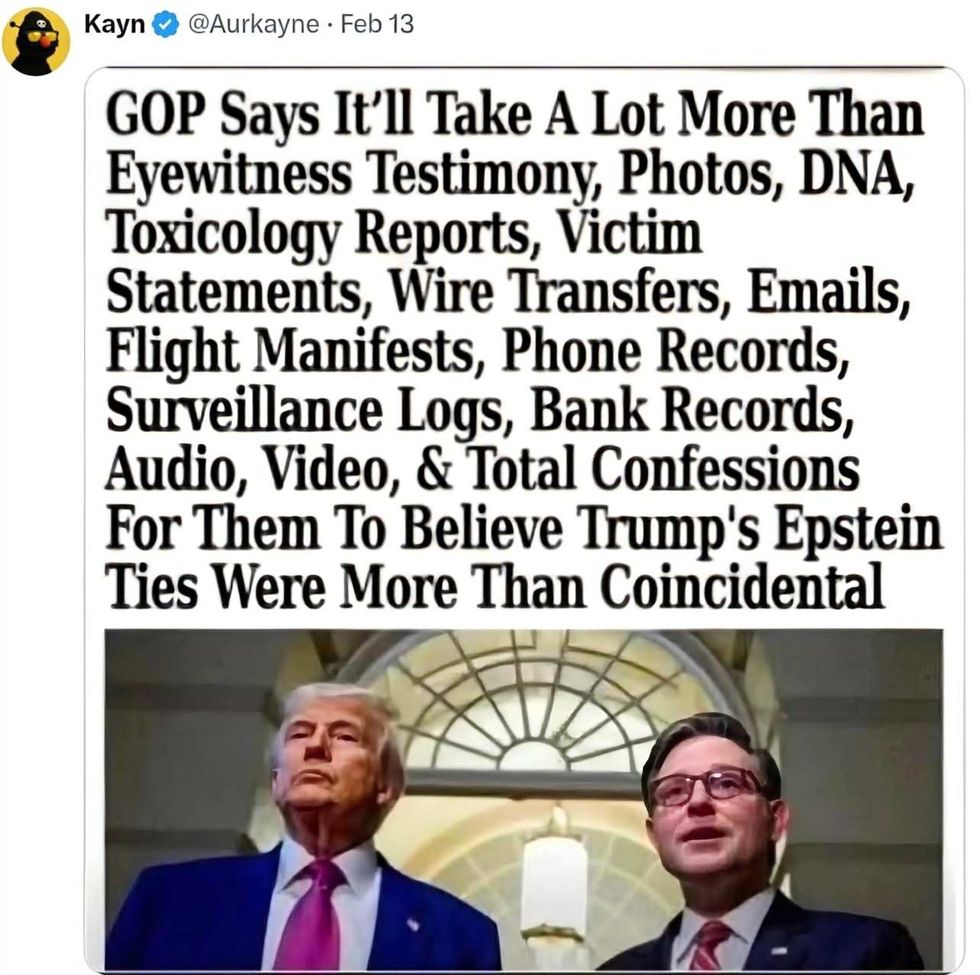 @Aurkayne/X
@Aurkayne/X @sadcommunistdog; @froglok/Bluesky
@sadcommunistdog; @froglok/Bluesky